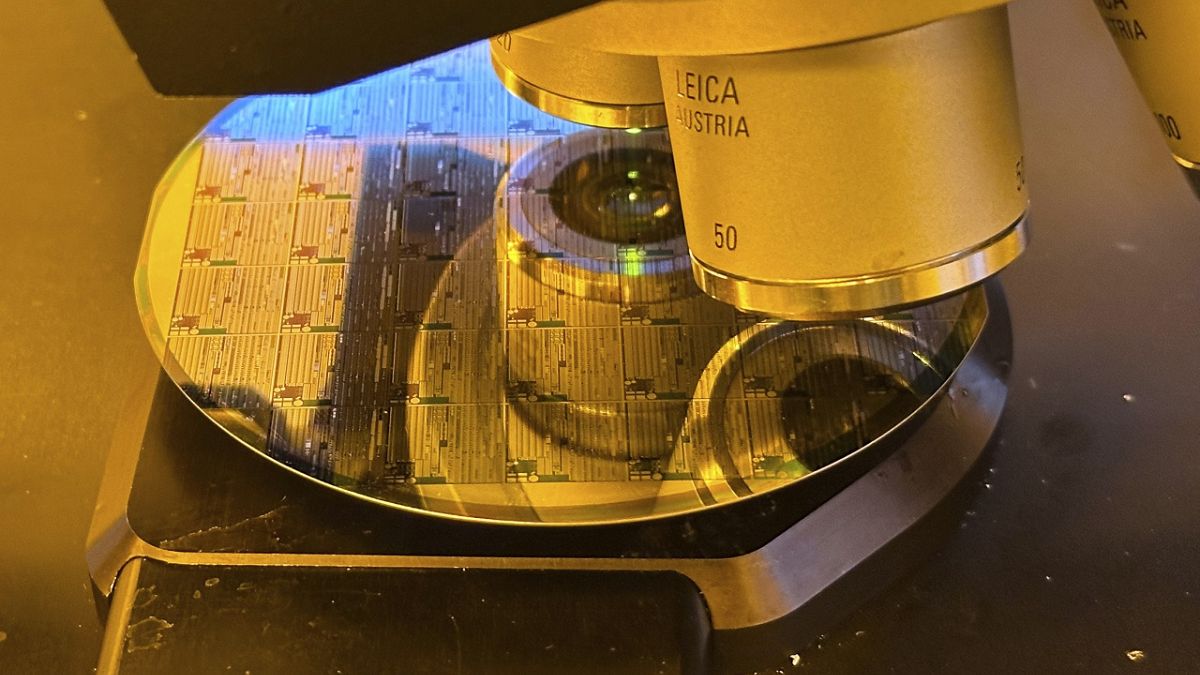The European Commission’s microchip strategy targeting 20% global market share by 2030 is unfeasible, a group of member states said according to minutes of meetings of national industry policy representatives seen by Euronews.
Ten countries – Belgium, Croatia, Czechia, France, Germany, Ireland, Italy, Malta, Netherlands, and Spain – said this target should be revised in the upcoming Chips Act 2.0.
The representatives discussed a European Court of Auditors (ECA) report from the end of April which said that the bloc is unlikely to meet the EU Chips Act 20% target because investments driven by the Act are “unlikely to significantly enhance” the EU’s position in the field.
The ECA recommended the Commission assess whether the 2023 Chips Act’s ambitions and targets remain realistic in view of the resources available to achieve them, global competition, as well as factors such as energy cost and dependence on raw materials. Chips, or semiconductors, are needed for a range of industries, from connected cars to consumer appliances.
According to the minutes, the Commission said that the 20% market share target was “essential to mobilise large amounts of money to counter the decreasing percentage of EU market share”.
In addition, the distribution of knowledge and skills in the sector has improved as a result of competence centres rolled out under the Chips Act, the EU executive said.
As of 2022, the EU accounts for less than 10% of the production of chips globally, behind Taiwan and the US. The Commission hopes to increase the figure to 20% with a 43-billion-euro investment.
Several countries, including Belgium, Germany, Finland, and Italy, call for a focus on the next generation microchips, according to the document.
Denmark said that the lack of financing remains a problem. Both Germany and Ireland will in the next few weeks present national semiconductor strategies.
EU Tech Commissioner Henna Virkkunen’s mission letter drafted by Commissioner President Ursula von der Leyen, says that follow-up action on Chips is needed to further support “innovation potential, strategic industry segments, mainstream chips and equipment manufacturing.”

